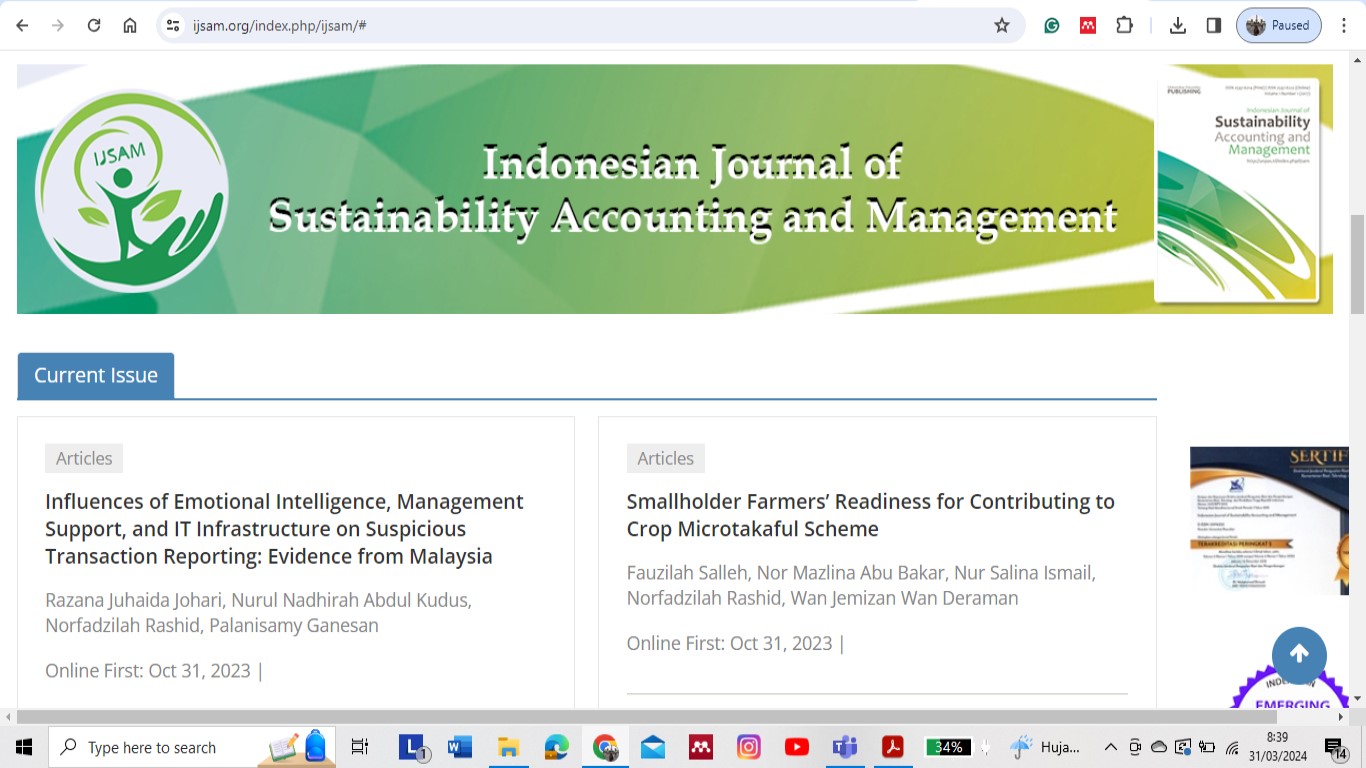
Abstract: This study analyzes the influence of three variables in the theory of planned behavior (TPB) along with the moral norm variable to predict pro-environmental behavior, specifically the use of eco-friendly reusable bags. The sample population in this study was 280 people who were aware of the existence of eco-friendly reusable bags and understood its use. Data were analyzed using structural equation modeling. The results of hypothesis testing showed a positive influence of moral norm, attitude, and perceived behavioral control on the intention to use eco-friendly reusable bags. However, the influence of subjective norms on the intention to use eco-friendly reusable bags was found to be negative. This is a pioneering research in the use of the expanded TPB model with the moral norm variable to predict the use of eco-friendly reusable bags, a behavior that is rarely studied. As is wellknown, the TPB has been widely used in explaining pro-environmental behavior; however, studies that include the moral norm variable are scarce. The results of the study suggest that decision-makers and retailers need to design social advertisements that can encourage consumers to use eco-friendly reusable bags that would minimize the use of plastic bags. Keywords: attitude, behavioral intention, moral norms, perceived behavioral control, subjective norms.

Oleh :
Ayu Ekasari